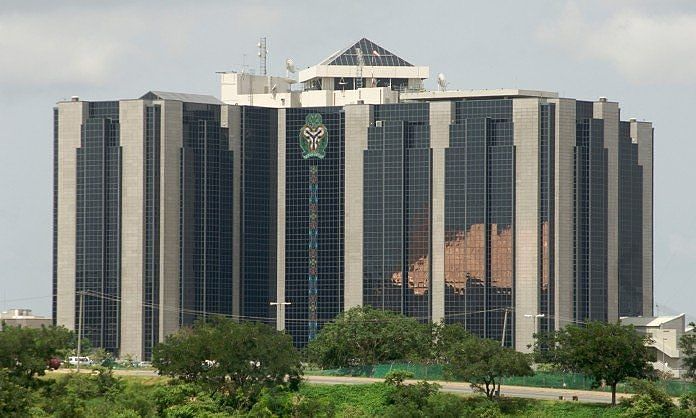The Central Bank of Nigeria (CBN) has assured Nigerian bank customers of the safety of their funds stating that banks in the country remain sound.
This is coming as nerves are frayed over the investigative report on the apex bank recommending that some banks be taken over by the federal government.
The report, which was spearheaded by Jim Obazee, had accused the former CBN governor, Godwin Emefiele, of using ill-gotten wealth to acquire banks for himself through proxies.
According to the report, Emefiele used proxies to acquire Union Bank of Nigeria for Titan Trust Bank Limited, as well as Keystone Bank without any evidence of payment.
As a result, it recommended that the federal government should reverse the sale of the banks and also take them over. This had fueled rumour of an impending closure of the banks, sending customers on a jittery run.
However, the acting director, Corporate Communications of the CBN, Hakama Sidi-Ali, in a statement, said the apex bank had “noticed reports, in certain media outlets, about a recommendation for the federal government to take over some CBN-supervised financial institutions.
“For the avoidance of doubt, Nigerian banks remain safe and sound. The CBN encourages the public to continue their regular activities without being alarmed by reports that have not emanated from the CBN about the health status of Nigerian banks.
“The CBN is fully equipped to carry out its statutory duty of upholding a stable financial system in Nigeria. We assure the general public and depositors about the safety of their funds in Nigerian financial institutions.
“Bank customers are therefore advised to proceed with their banking transactions as usual, as there is no cause for concern.”
Tropical General Investment Group, the majority owner of Titan Trust and Union Banks has denied any wrongdoing in the acquisition of the latter by the former. Head of Corporate Communications, Rafiat Gawat, in a statement said the $500 million capital used to pay for the transaction was transparent and unimpeachable and was managed by highly reputed global financial institutions including Rothschild and Citibank.
“We want to categorically state that some of the assumptions made in the purported document were incorrect, thereby resulting in a conclusion that may not necessarily reflect the actual reality,” the statement read.





